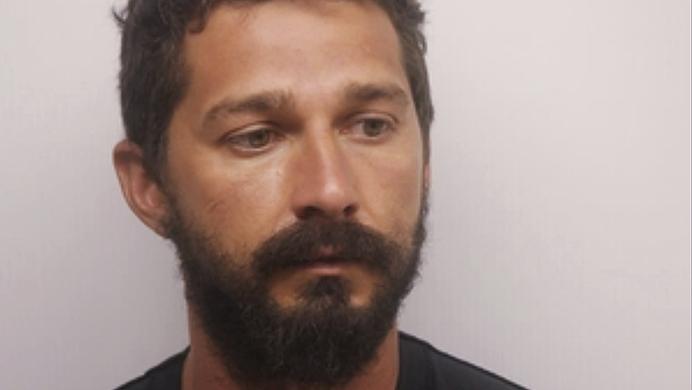Sometimes, the hardest thing to do is tell someone with big dreams they can’t follow them, simply because the world is not yet ready for change. To stomp on a person’s goals not because of any rational reason outside of “other people will take offense to this.”
My sister is a part of the Hope Summer Repertory Theater, a troupe through Hope College, and it recently put on the play Curious George: The Golden Meatball. In the play, the lead role of the curious little monkey went to Chaz Sanders, a 26-year-old man. My sister said all of the children who have come to see the show so far have loved Sanders in the role.
However, some adults have problems with the casting. You see, Sanders is a black man playing the role of George among a predominantly white cast, and that’s where problems arise. Historically, black people have often been compared to monkeys as a way demoralizing the community by making them seem savage and animalistic. So when George is played by a black man in the largely white conservative town of Holland, Michigan, the role can be seen as highly racist.
When I first heard about a black man being cast in the role of a monkey, I was furious. I saw this as a direct attack on the black community. I believed that having a black man portraying a naïve, trouble-making monkey was completely crossing the line.
It wasn’t until my sister called me in tears because the president of her college made her tear down all the promotional posters and fliers for the play because college officials had received complaints about their being racist that I started to think about this in a different light. My sister being upset by having to remove the posters caught me off-guard. I thought she would agree with me that this crossed a line, especially considering that my sister was teased in elementary school and even called “gorilla” by her classmates.
But in her eyes, the play had nothing to do with race. Sanders was just an actor doing his job, trying to bring a smile to children’s faces. When I told her my opinion about this, she asked me how can the world truly progress if it’s stuck living in the past? Why does casting an actor as a monkey who is just trying to make kids happy have to be racist?
I feel like I failed her. I failed her because I didn’t have a response other than, some things people can’t forget. I wish I could tell her racism is gone, that the world is completely equal and anyone can do anything. But then I look back at the world. And I know it’s not true.
For instance, on July 8, actor Shia LaBeouf was arrested for public drunkenness, and while being arrested, LaBeouf unleashed a flurry of profanities and racial remarks at a black police officer. This is coming from a man who claims to believe in equal rights, who prides himself on being liberal. To add even more irony to the situation, while LaBeouf was being arrested, he made negative comments about the president and said there was a problem of black men being shot by police.
While LaBeouf was clearly intoxicated and very much in the wrong with his self-righteous statements, this situation and the one with my sister’s play are not completely different. Both of them aren’t intentionally trying to be racist, yet both scenarios are perceived as such. And yet while it’s easy to hate LaBeouf for being a bigot, it’s harder to be mad when my sister does make a fair point about freedom of self-expression.
I have stated before I believe America is broken in regards to equal rights, and I stand by the opinion today. Now, however, I find myself questioning where can we draw the line between self-expression and prejudice of all kinds, racism included.



